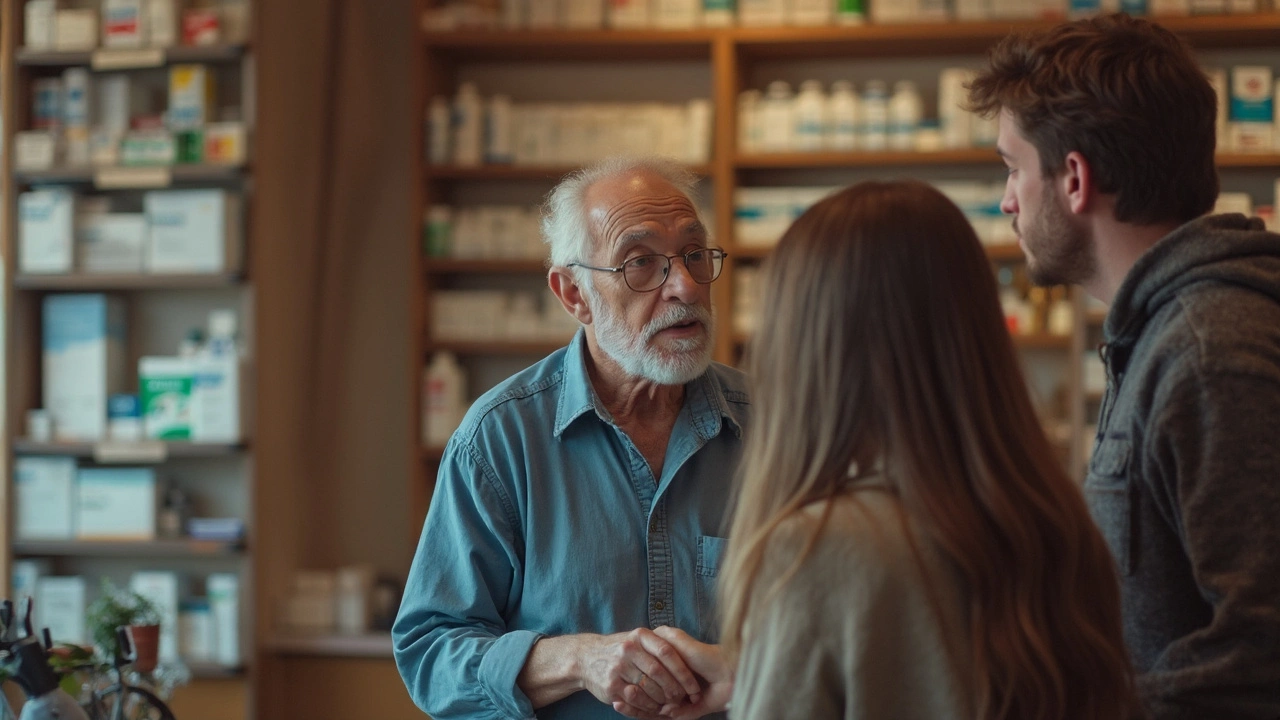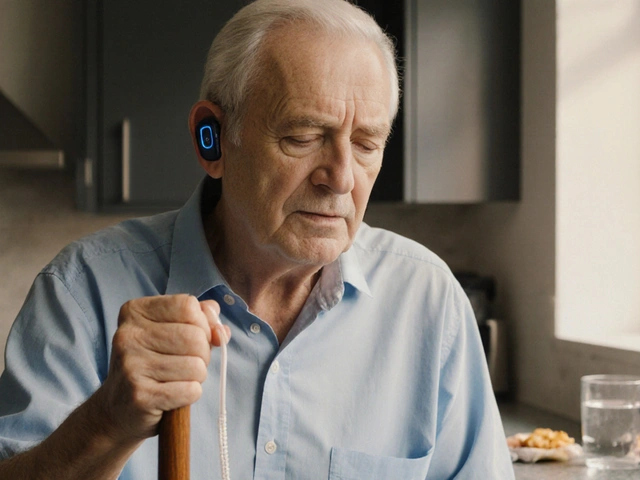Over-the-Counter (OTC) Medications: What to Know
You probably have a small medicine cabinet full of OTC drugs. Most help fast — but they can cause trouble if you mix them with prescriptions, ignore dosing limits, or buy from shady sites. This page helps you use over-the-counter meds safely, choose the right product, and shop online without getting scammed.
How to choose and use OTC meds
Start by reading the active ingredient, not just the brand name. Many pain relievers, cold medicines, and sleep aids share the same active ingredient, so you can accidentally double up. Check dose limits: acetaminophen has a low daily ceiling (avoid more than recommended) and NSAIDs like ibuprofen can irritate your stomach or raise blood pressure when used long-term.
Match the medicine to the symptom. For example, use antihistamines for allergy sneezing, antacids for occasional heartburn, and decongestants for short-term nasal blockage. If you have chronic conditions — high blood pressure, liver disease, or are pregnant — ask a pharmacist before taking anything new. Keep a short list of your prescriptions and show it to the pharmacist when in doubt.
For kids, use only products formulated for their age and weight. Don’t guess doses — use the measuring tool that comes with the medicine. If you don’t have one, ask your pharmacist for a syringe or dropper. Never give aspirin to children or teens with a fever unless a doctor says so.
Buying OTC meds and avoiding risks
When buying OTC medicines in person, pick well-known stores and check expiration dates. If a package looks tampered with or the label is unreadable, put it back. When shopping online, prefer pharmacies or retailers that display clear contact info and customer support. Avoid listings that show extremely low prices or promise prescription-strength results for all users — that’s a red flag.
Watch for interactions. Alcohol plus acetaminophen strains the liver. NSAIDs can interact with blood thinners and certain blood pressure drugs. Even herbal supplements like St. John’s wort affect how some meds work. If you’re starting a new prescription, ask your doctor whether any OTC items should be stopped or swapped.
Store medicines in a cool, dry place out of direct sunlight and out of reach of children. Keep unopened packages until you need them, and toss anything past the expiration date. If you have unused prescription meds, find a local take-back program rather than throwing them in the trash.
If symptoms don’t improve after a few days, get worse, or you experience severe side effects (rash, breathing trouble, fainting), stop the OTC medication and contact a healthcare provider. A quick pharmacist chat can often prevent bigger problems, so don’t hesitate to ask one for advice when choosing or combining over-the-counter drugs.
Looking for options beyond Viagra? Discover alternatives like Cialis Together, which provide accessible, lower-dose solutions for erectile dysfunction. These over-the-counter options offer various benefits and have different strengths and limitations. Understanding these can help make informed choices about your sexual health. Dive into the details and find what suits your needs best.
View Details

